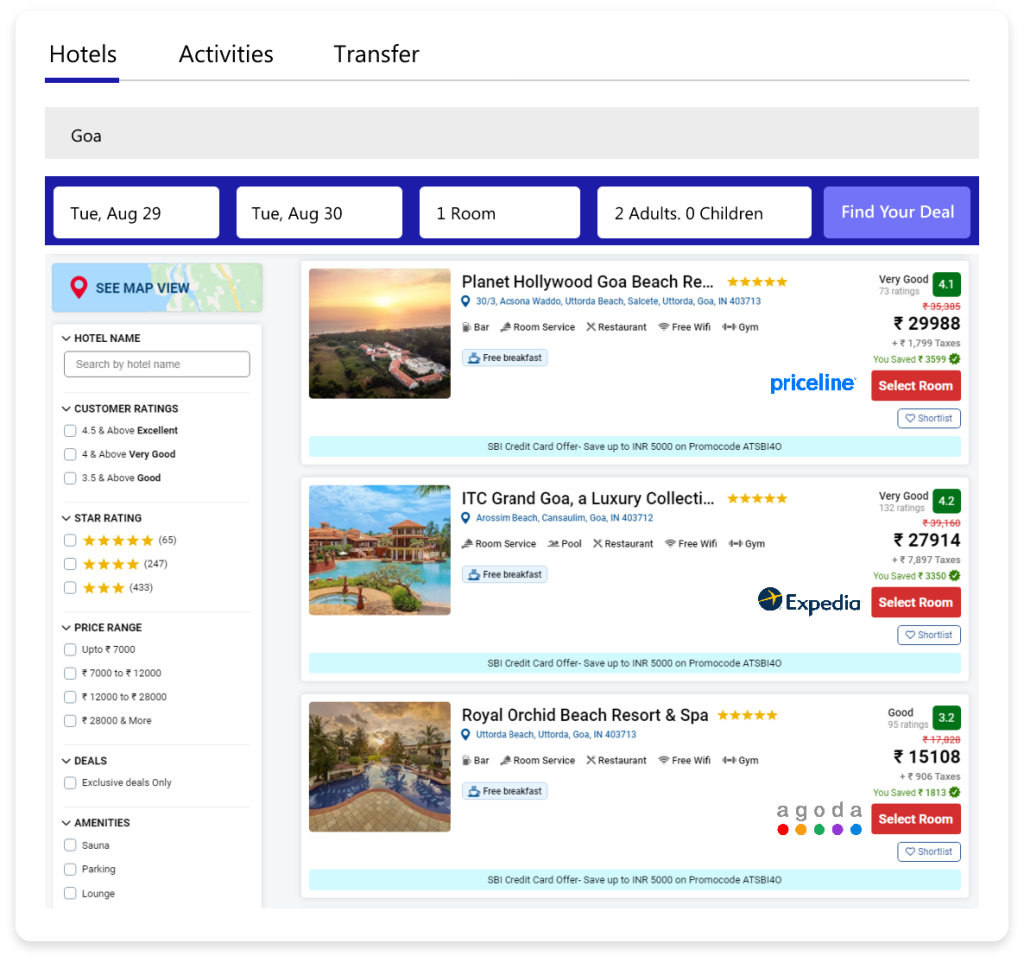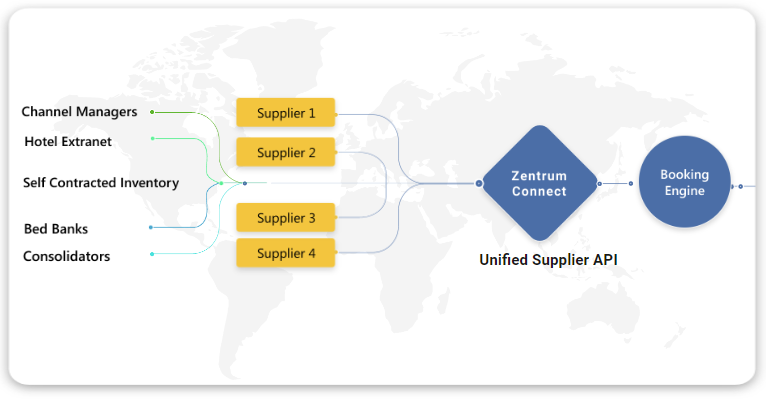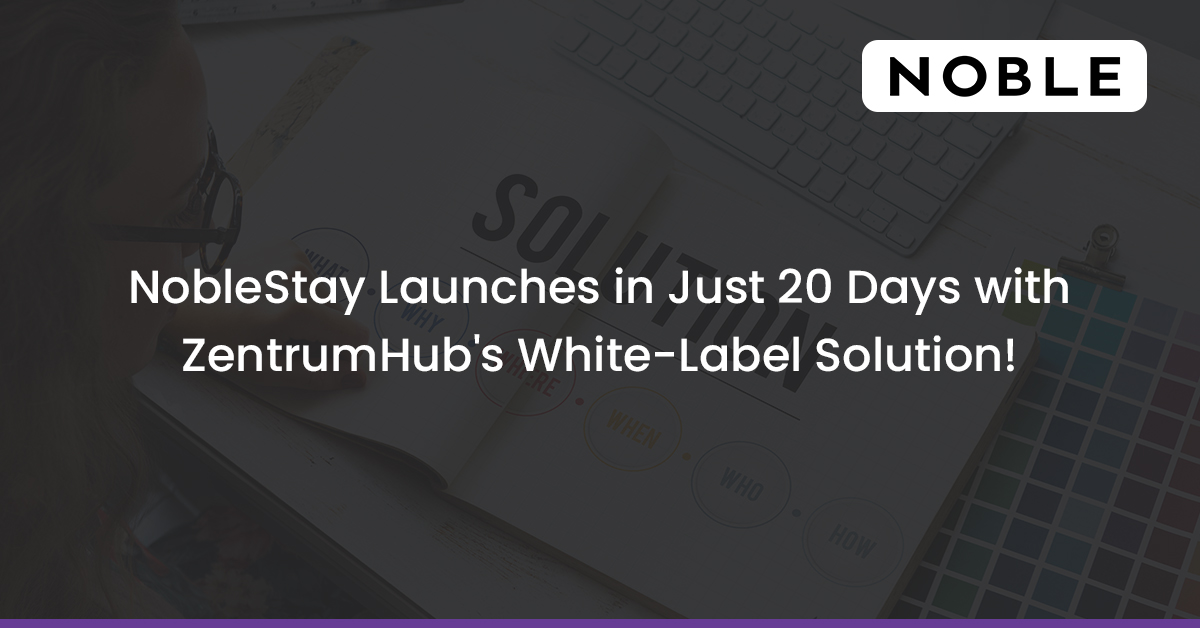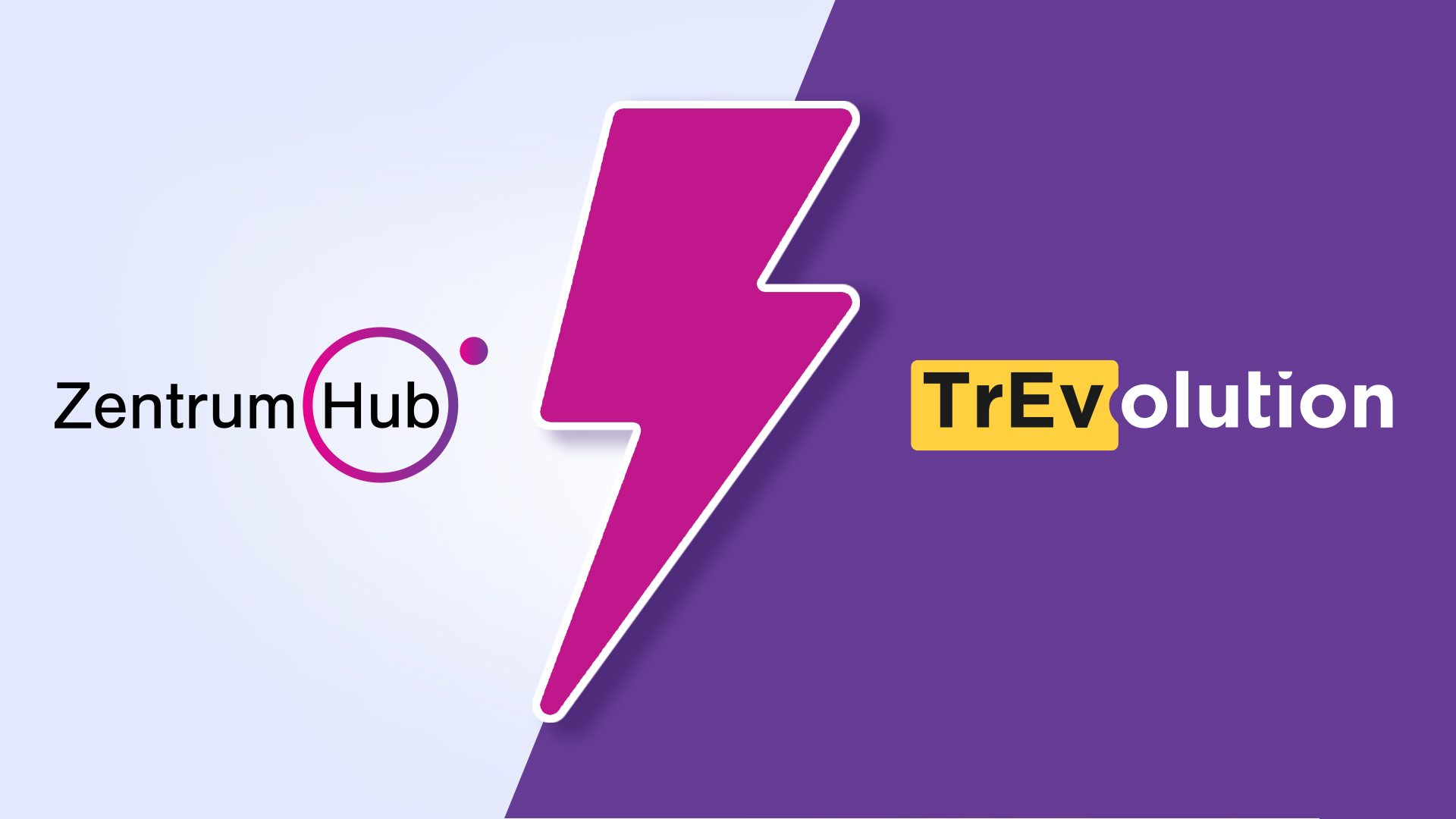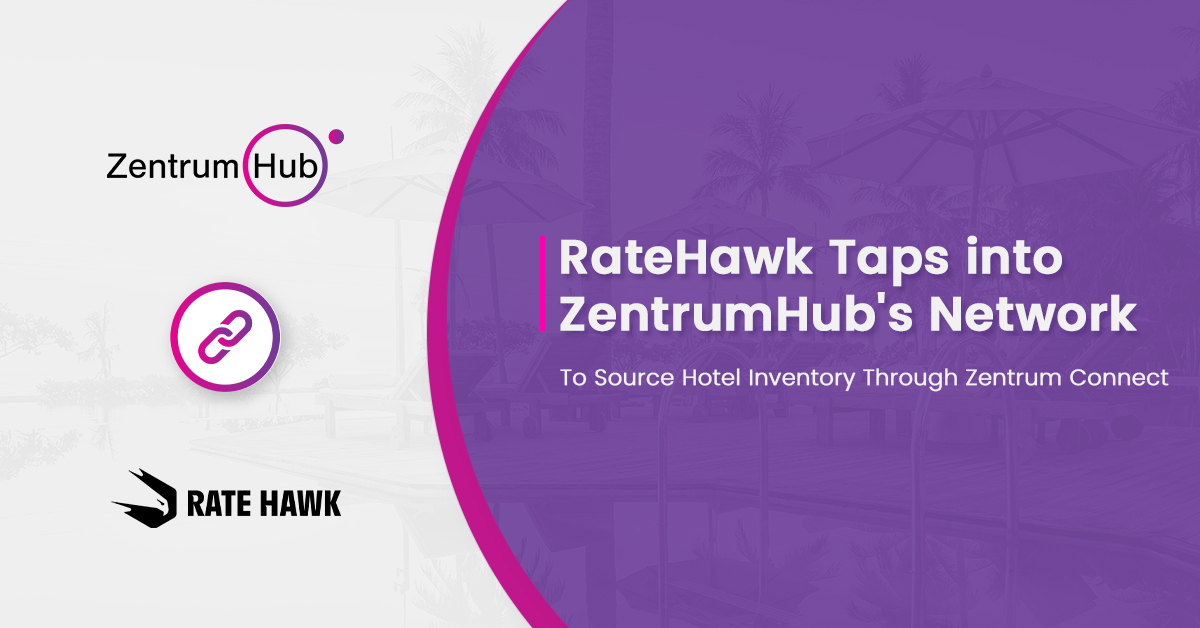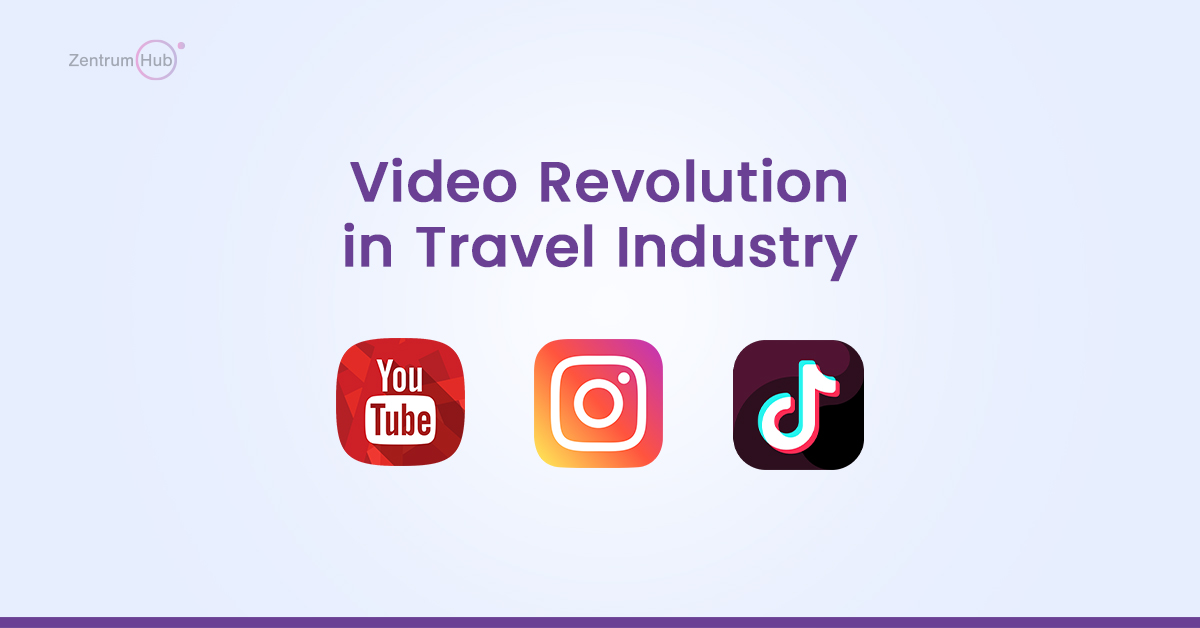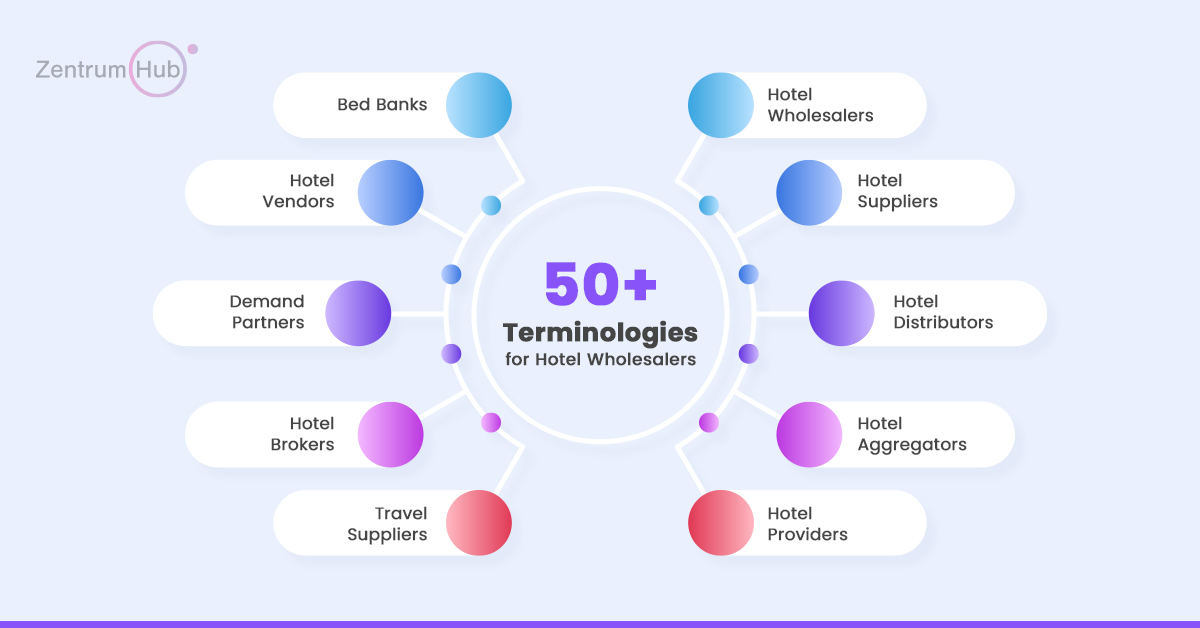Know all about Hotel Booking Engine, Functionality, Cost, Types, and Ways to Build
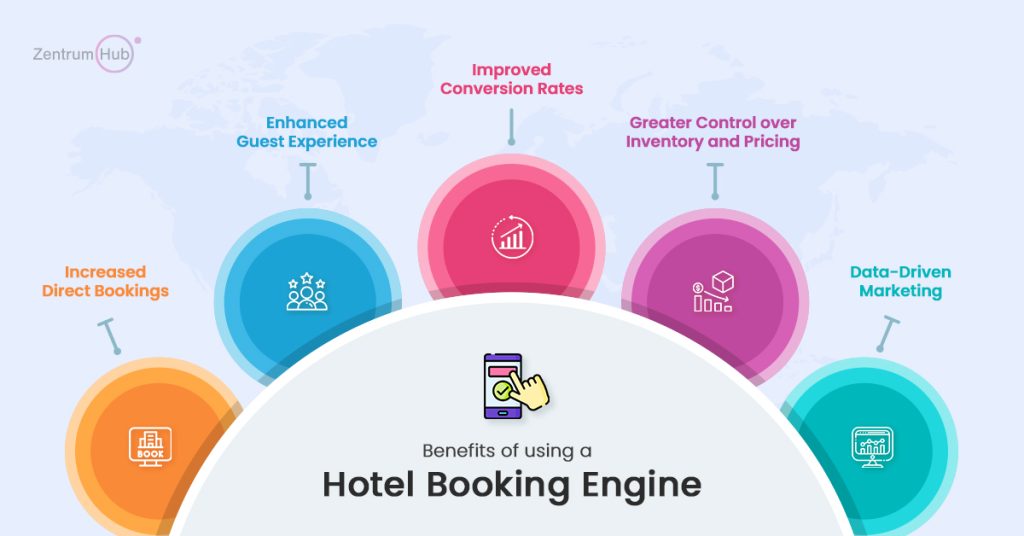
Know all about Hotel Booking Engine, Functionality, Cost, Types, and Ways to Build Introduction What is a hotel booking engine, and what are its basic functionalities? Types of hotel booking engine How does a hotel booking engine work? What are the features of a good hotel booking engine? What are the benefits of using a hotel booking engine? Ways to build a hotel booking engine Concluding Thoughts Over the years, travel has gradually started becoming an increasingly accessible commodity, which has made people worldwide frequently plan trips to explore new countries, cultures, and cuisines. A survey from Skift states that in 2023, online booking of hotel reservations worldwide will surpass the 70% mark. Gradually, travelers prefer the convenience and flexibility of various online booking platforms. The world has come much closer, and travel seems easier. However, this adaptation of the digital landscape in travel has presented hotels with a unique challenge to capture a larger share of online bookings and offer a seamless experience for guests. The solution comes in the form of a hotel booking engine, which, as its basic workings take direct reservations through its website and other online channels, maximizes profits. This blog aims to give you an overview of a hotel booking engine and why it is important to have one for your business. Let’s jump right in! What is a hotel booking engine, and what are its basic functionalities? A hotel booking engine is a software application that is integrated into a hotel’s website, allowing guests to search for available rooms, compare rates and make secure online reservations. In simpler terms, your hotel’s online storefront gives your potential customers a user-friendly platform to complete their booking journey from start to end. The hotel booking engine allows customers to search for hotels, rooms, prices, and locality, compare images/videos, and book rooms via the website or mobile app. A hotel booking engine is helpful for business owners to list hotel room availability, feed hotel information, accept bookings, collect payments, track bookings, & collect reviews. The goal of every booking system is to list inventory and enable online bookings worldwide. The primary purpose of the hotel internet booking engine (IBE) is to detect and process online reservations coming from a hotel/accommodation provider. Other vital roles of the hotel booking engine are: Integrating and syncing with the hotel’s details from all the web pages and sometimes social media pages. Cross-selling services at the time of booking. Managing promo codes and discount rates. Displaying the best obtainable rates to customers against prices available on competitor’s sites. Sending emails at different stages like sign-up, booking confirmation, check-in, and check-out. Types of hotel booking engine Hotel booking engines are categorized into three major types based on business needs: Business-to-Customer (B2C): Used by OTAs to provide hotel inventory to end-users for booking hotel rooms. Business-to-Business (B2B): Used by large hotel suppliers, bed banks, consolidators, and aggregators to sell hotel inventory to other businesses. Business-to-Enterprise (B2E): Preferred by big organizations or corporate companies to regulate bookings for their employees, with added benefits or discounts on hotel pricing. Additionally, multi-channel booking engines integrate various B2B, B2C, and B2E features, providing all-in-one solutions. How does a hotel booking engine work? The basic functionality of the hotel booking engine remains the same across all software. It includes primary features such as inventory management, search functionality, rate display, secure booking process, and integration with PMS. Let’s understand how these functions work. Inventory Management: Managing inventory is the core aspect of your online website. Here, the booking engine connects with your channel managers, suppliers, GDSs, Whole Sellers, Self-Contracted Inventory, etc. This integration ensures real-time room availability and precise rate information, which mitigates the risk of overbooking and makes it a comforting experience for guests. Search Functionality: Every hotel booking engine has search functionality that lets users search for the available rooms according to their needs, viz., dates, number of guests, room types, and desired amenities like staying with breakfast or without and more. The hotel booking engine filters the available options based on chosen criteria, giving the result of what they are exactly looking for. Rate Display: This function shows the user rates of multiple types of rooms and packages with applicable taxes or fees. This adds a layer of transparency for the user to make informed decisions based on their budget and preferences. Secure Booking Process: Once the guests’ journey on your website has reached this point, the booking engine paves the way for a secure online payment process. This process includes collecting guest information, processing secure payments and sending confirmation emails. Integration with PMS/Suppliers: Once the successful booking is carried out, the booking engine automatically updates your PMS or suppliers with new reservation details, ensuring every department in the hotel is aware of the bookings and can arrange the preparation likewise. Read more Ideal Features that a Hotel Booking Engine Must Have What are the features of a good hotel booking engine? Every hotel booking engine software offers some features that enhance the guest experience, simplifying hotel operations. Let’s look at some common features. Mobile-Friendly Design: In recent years, every technology has shifted to a mobile-first approach, which applies to hotel booking engines. A well-designed and developed hotel booking engine comes with seamless mobile optimization across all devices, including smartphones, tablets, and more, catering to the growing trend of mobile booking. Multiple Payment Options: Providing your service to a global audience is no easy feat; thus, keeping a global aspect in mind, the hotel booking engine should support various payment methods like credit cards, debit cards, and secure online wallets. Additionally, offering local payment options can attract customers from specific regions. Promotional Offers and Packages: A competitive hotel booking engine always tends to showcase special offers, packages, and last-minute deals to incentivize bookings and boost revenue. Guest Reviews and Ratings: The world should know about your incredible services, which is why integrating guest reviews and ratings adds credibility that fosters trust with potential guests, significantly influencing booking decisions. Multilingual Support: Like payment methods,
Role of Hotel Booking APIs in Hotel Booking Engine
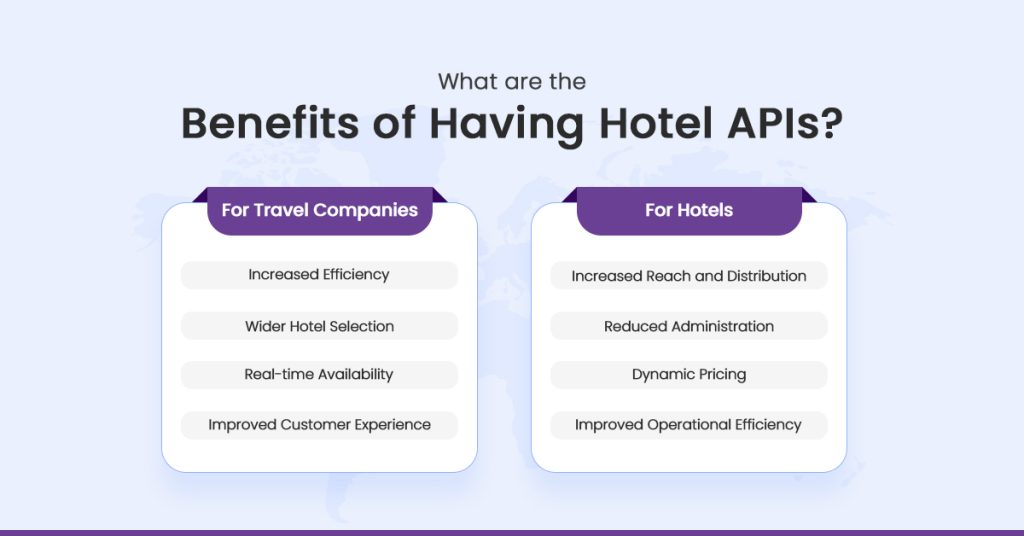
Role of Hotel Booking APIs in Hotel Booking Engine? Introduction What is a hotel booking API? How does the Hotel API work? What are the benefits of having Hotel APIs? How to choose suitable Hotel API? API and Beyond! ZentrumHub is Certified Hotel API Provider & Integration Partner for Hotel Suppliers.Integrated 60+ Hotel Suppliers across the Globe with Hotel Booking Engine! Introduction The travel industry has come a long way from its traditional ways. As the industry started adapting Hotel Booking APIs, it changed the game of online travel booking with highly capable and efficient systems such as OTA that made the whole process easier. As a result, productivity increased, along with customer satisfaction. A report from Statista states that by 2028, online sales will account for 82% of total revenue in the hotel market. Hotel APIs will be one of the significant reasons for this growth. If you are looking to enter the travel industry with your OTA platform, you must understand how a Hotel API system works and how it can help you take your business to the next level. This blog aims to inform you about hotel APIs and how they can revolutionize your online travel booking business. What is a hotel booking API? Simply put, a hotel booking API is a programming interface that connects online travel agencies to various suppliers to gain access to their hotel inventories to showcase on your online travel portal. The Hotel API primarily functions as a catalyst that provides real-time access to room availability, pricing, rich content and more. Travel businesses can leverage Hotel Booking APIs to provide customers with a vast selection of hotels and immediate booking confirmation, enhancing the customer experience. In addition, a Hotel API also helps to streamline the booking process, which mitigates any scope of human errors. However, integrating hotel APIs into travel agency software requires several technical processes, including room mapping, data processing, error handling, and conflict resolution. Thus, it is crucial to understand the API’s intricacies. How does the Hotel API work? Replacing the traditional mediators, the hotel connects to a global or local API, which then connects the hotel with other agency sites that provide a vast, constantly updated database. Here’s a simplified breakdown of how API works. Initiating an API request: The travel company initiates the process by sending a request to the hotel API, specifying search criteria like location, dates, room type, and desired amenities. API communicates with hotel reservation systems: The Hotel API acts as a bridge, communicating with the reservation systems of various hotels or chains based on the specified criteria. This process often involves industry-standard protocols and formats for data exchange. API receives and processes hotel data: The API gets responses from the hotel reservation systems, including details like room availability, rates, descriptions, and amenities. The API may then process and filter this data based on the travel company’s initial request. The API sends a response to the travel company containing relevant hotel information tailored to the search criteria. Travel company displays or utilizes the data: The travel company can then use the received data for various purposes, such as displaying hotel options on their website, allowing users to compare prices, or even facilitating the booking process directly through the API. In essence, hotel APIs streamline the process of accessing and utilizing hotel data for travel companies, enabling them to offer a broader range of hotels, real-time availability, and automated booking functionalities. What are the benefits of having Hotel APIs? Hotel APIs offer a range of advantages for both travel companies and hotels, making them a valuable tool in the hospitality industry. Here’s a closer look at some key benefits: For Travel Companies: Increased Efficiency: APIs automate searching and retrieving hotel data, eliminating the need for manual searches and data entry saving significant time and resources. Wider Hotel Selection: By connecting to multiple hotels and chains through a Single Hotel API, travel companies can offer their customers a wider range of accommodation options, catering to diverse needs and budgets. Real-time Availability: APIs provide access to real-time inventory and pricing information, ensuring customers get the most up-to-date options and preventing overbooking issues. Improved Customer Experience: Travel companies can enhance their customer experience and satisfaction by offering a wider selection, real-time information, and potentially streamlined booking directly through the API. For Hotels: Increased Reach and Distribution: APIs connect hotels to a broader network of travel companies, increasing their visibility and reaching potential customers across various platforms. Reduced Administration: Automating the data exchange process through APIs can reduce hotel administrative burden, freeing up staff time and resources for other tasks. Dynamic Pricing: APIs allow hotels to implement dynamic pricing strategies, adjusting rates based on factors like demand, seasonality, and competitor pricing, potentially increasing revenue. Improved Operational Efficiency: Integrating APIs with hotel management systems can streamline operations, improving inventory management and department communication. Hotel APIs offer a win-win situation for travel companies and hotels, fostering greater efficiency, wider reach, and a more dynamic and competitive hospitality landscape. How to choose suitable Hotel API? To ensure that you select a suitable Hotel for your business, it is necessary to consider the following options: Data Coverage: API offers may differ from one another. Thus, consider whether it offers access to a broader range or specific destination. Depending on your requirements, select the API that fits your needs. Quality of Data: As an OTA, showcasing rich content on your website becomes essential. Providing accurate and updated information ensures the reliability of your customers. Payment Model: The payment model is one of the primary considerations before buying any API. A few APIs have subscription-based models, while others charge based on the number of API calls made or the amount of data accessed. Easy Integration: The main factors here are choosing an API that provides clear documentation, developer tools, and quick support. However, sometimes integrating an API may take months; thus, selecting an API provider who can do this in minimal time with all the factors is a



